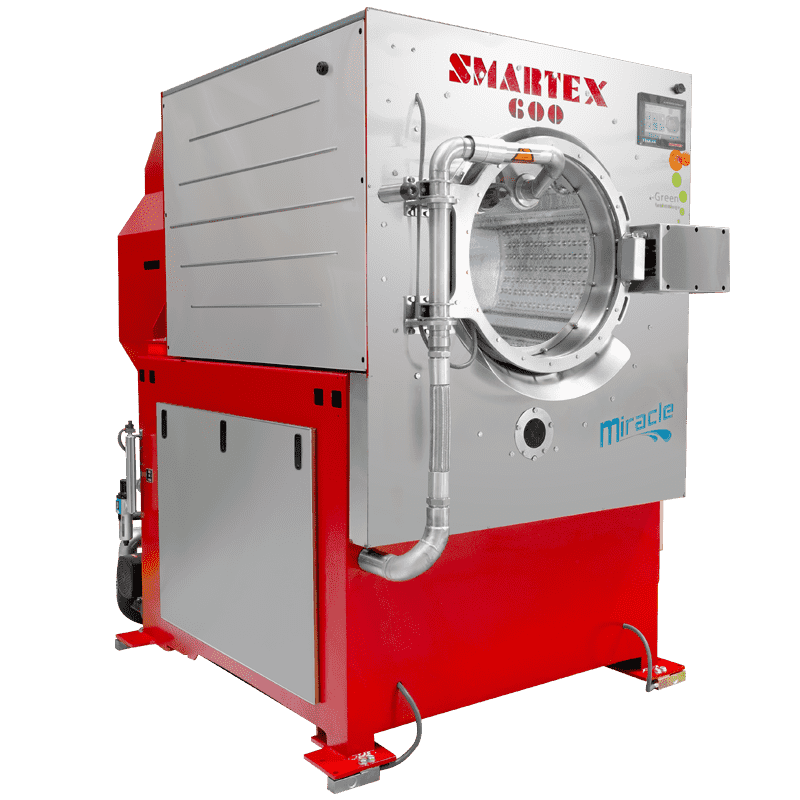When it comes to equipping a commercial laundry facility, the industrial washing machine price is a critical factor that influences decision-making. These machines represent a significant investment, but their efficiency and durability often justify the initial cost.
Understanding the Cost Factors
The price of an industrial washing machine is not a one-size-fits-all figure. It varies based on several factors, including capacity, features, and the technology it employs.
Capacity and Its Impact on Price
One of the primary determinants of the Tolkar industrial washing machine price is its capacity. Machines designed to handle larger loads are typically more expensive due to the increased material and manufacturing costs.
Technological Advancements
Modern industrial washing machines come equipped with advanced features such as programmable settings, touch screens, and remote monitoring capabilities. These technological enhancements can increase the price but also offer long-term savings through improved efficiency.

Energy Efficiency: Worth the Investment?
Energy-efficient models may come with a higher price tag, but they can lead to significant savings on utility bills. It’s essential to consider the long-term operational costs when evaluating the industrial washing machine price.
The Role of Brand and Quality
Well-known brands often charge a premium for their machines, but this can be attributed to their reputation for quality and reliability. Investing in a reputable brand can mean fewer repairs and a longer lifespan for the machine.
New vs. Used: A Price Comparison
While new machines come with the latest features and warranties, used industrial washing machines offer a more affordable alternative. However, potential buyers should be cautious of the maintenance history and remaining lifespan of used equipment.
Maintenance and After-Sale Services
The industrial washing machine price often includes after-sale services and maintenance plans. These can be valuable additions, ensuring that the machine continues to operate efficiently for years to come.
Financing Options
For businesses unable to pay the full price upfront, financing options are available. This can spread the cost over time, making the investment more manageable.
Conclusion: Making an Informed Decision
When considering the acquisition of an industrial washing machine, the price is undoubtedly a pivotal factor. However, it’s essential to delve deeper into the aspects that constitute the machine’s value proposition. The cost of an industrial washing machine is not merely a reflection of its physical components, but also of its capabilities, durability, and the technological innovation it embodies.
Features such as load capacity, water and energy consumption rates, cycle speeds, and programmability play a crucial role in determining the machine’s suitability for specific laundry operations. A higher-priced model might offer advanced features like automated dosing systems, which ensure precise use of detergents, thus reducing waste and saving on consumables over time.
Efficiency is another critical factor. Machines that boast high efficiency can significantly reduce operating costs by consuming less water and energy per cycle. This not only aligns with environmental sustainability goals but also translates to tangible savings on utility bills. Moreover, efficient machines often have faster cycle times, increasing the turnover rate and enabling businesses to handle larger volumes of laundry, which is particularly beneficial during peak periods.
The potential to improve laundry operations should also be a key consideration. A machine that integrates seamlessly with existing systems, offers easy-to-use interfaces, and requires minimal maintenance can drastically reduce downtime and labor costs. Additionally, some machines come with smart technologies that provide real-time data analytics, helping businesses to optimize their operations and make data-driven decisions.
Understanding the factors that contribute to the cost involves looking at the machine’s build quality, warranty, and after-sales service. A robust machine with a comprehensive warranty might have a higher initial cost but can prove to be more cost-effective in the long run due to its longevity and lower need for repairs.